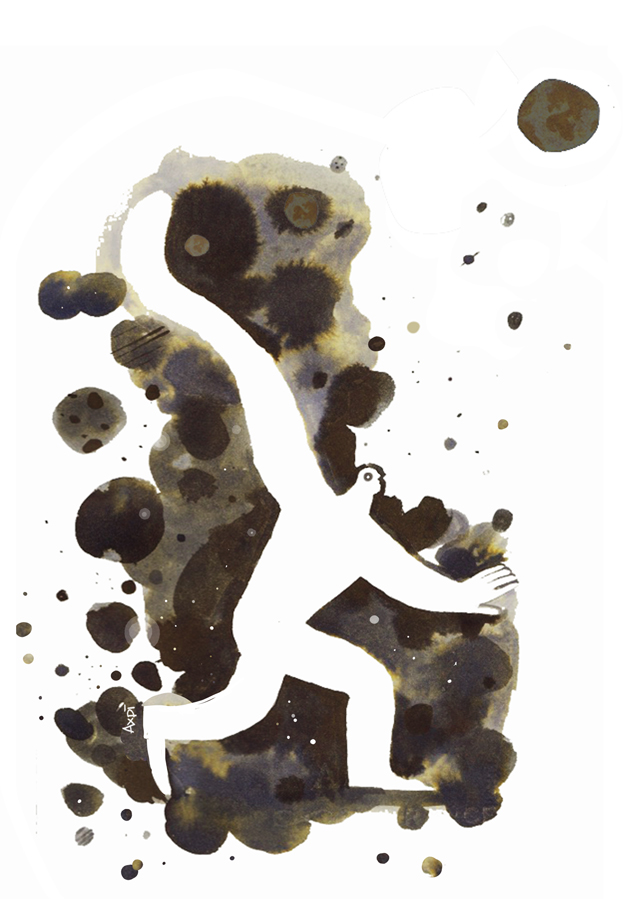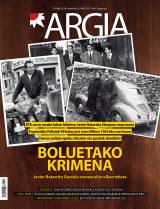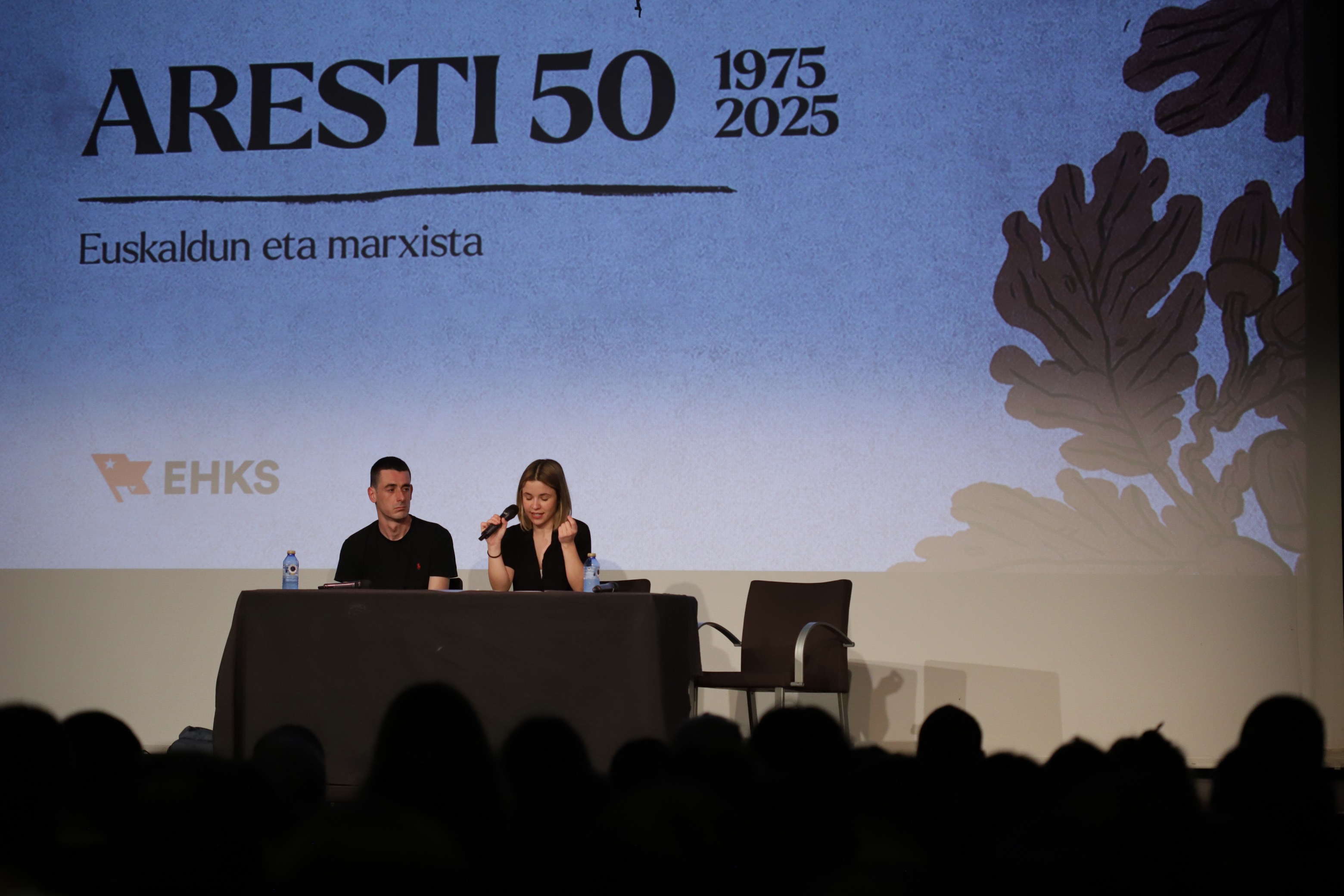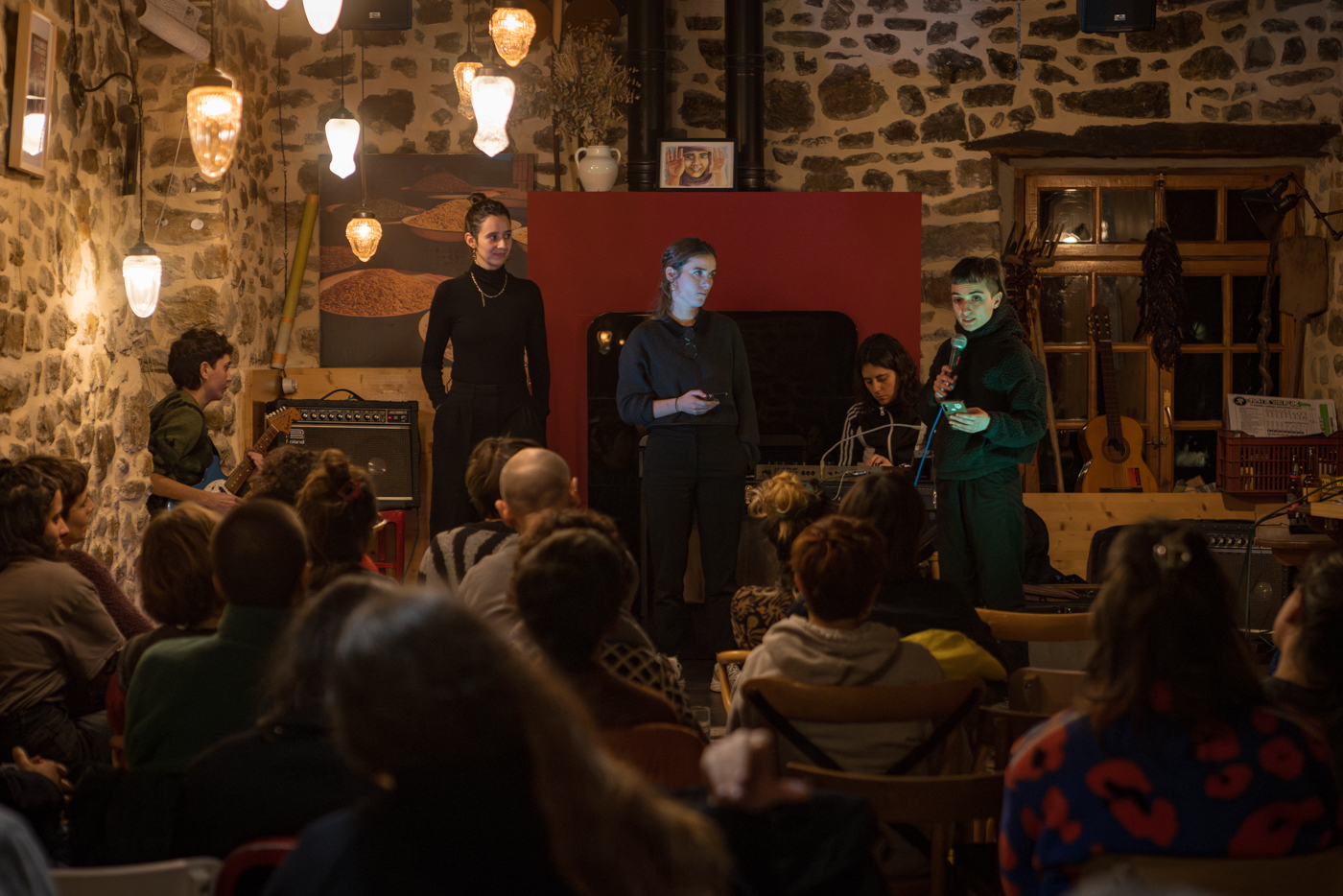And the ball clicking!
- When we do not have any special tasks, we pass the Saturday and Sunday evenings linked to the issuance of ETB Kantxa. The humble dexterity of Aimar Olaizola, the fine cunning of Altuna, the cold patience of Urrutikoetxea or the tenacious tenacity of Ezkurdia fill us with joy. Watching on the screen or actually playing in a square or a ratchet, the ball is a pleasure and so it has been for centuries.

In the Basque Center of Baiona, in 1853, the priest Etxegarai de Aldude handcopied six series of bertsos in a small drawer. There is one in them that interests us: In the Lamias del Valle de Baztan a meticulous ball game between Spaniards and French takes place in the late 17th century or early XVIII.aren. The Spaniards, however, were Baztans, and the French were hesitant to enable their fame and prosperity. It is known that the two counties, in addition to the smuggling and grazing relationships, brought sports and balls together quickly.
Bertsolari tells you how the competition developed in the nineteen bowls song, in a simple and direct language. Then there was also an atmosphere in the courts, playing money and honoring the winner:
What do I
hear from Baztan?
Shake the mountains of
the root of Iduriz?
There's a cry,
there's a cry.
All the
air is made another one.
Why
are you still in Petta?
Do you know nothing
about that Mystery?
A Spanish hetan
Today they
have been
played in the Lamias!The aldulars
were angered on their bed. All the challenges were carried by air in Elizondo, Irurita, Arraioz, on the same Aldude and on the banks of the Lamiarrieta, on the side of the road from Arizkun to Bozate. Today is the graffiti of honor of Mikel Laboa, equipped with a red star.
The most famous of the Alysera Juan Martín Inda, known with the nickname of Perkain, a great champion who escaped to the South during the French revolution and who, when he returned to Aldude at the time of the Convention, played before six thousand spectators, against his usual rival, Azantza. The baztans were no less:
Baztandarra has
always been a
safe
man, Aldi huntan hori
Baz-moda, Ez
zelakoz,
match to taste of
Txit. That's why you don't want to play.
Then the
Great Honor
of the Alcazar
of the Dolhagaray Ball rose:
Hit guys
by
chance! Even
if I myself had knocked it down!
With the lighter, the paid relatives accumulated in favor of the aldulars and the baztans hesitated to go down to the camp. But they got it, and the baztans started to win, going crazy to the public.
Spanish five French games
at a time!
Don't do anything!
Then the stomach pains
Yes, willingly “bitter”
Who will say no! The ball mode that is
already played only in Baztan and Malerreka is a mystery for everyone: We could understand it as a mixture of bounces and pasaka offered in Baigorri, Donapaleu or Uztaritze. The botari, the number and the two quarters of each team are working with the leather hands that secure the chiringuito, usually in 9 games, counting the points as in the tennis.
In those days, there were other Perkain stars, like Azanza, who were unpacking with Perkain on the courts, and in our song, suddenly, the famous Celhay came out of a mass in the form of aldular savior:
But the old
Celhay, you have to play!
The public's
fever began to shout:
Estebe paretatik
Zu beti
airean. Don't let
it enter the game!
Well, as I said,
it goes to
scarcity. As you
see around, Ball a pass!
Ha, look, the
mouthpiece goes
to the side
Not knowing where to press!
And Aldude's won thanks to Celhay's experience and dexterity. He was a middle-aged man, as modest as when he lost (at victory time):
… Friends
taught Celhay
Loaded with
shoulders and Zelakoz was
the great dominator of juego.Pero, whatever it may be,
he
rushed to
flee among them with honor:
In Perkain
they considered
him a descendant
of Celhay, perhaps before he sang in the weekly Eskualduna and in 1908 the cocks of José Vicente Etxegarai came to light:A
young
plant
There is a gentleman
named Celhay,
Largo y esbelto Onesta can also Menturaz a new
Don Perkain.Tambialso mentions Antton, who appears as
a brave and fine pelotari in the Lamiarrieta party, in these verses:The lords of
Antton and Ifolé always have the ball
either well or badly.
And in our document of 1853 we see Antton, after Lamiarrieta, in Elizondo, becoming a star, and loaded with boat, crossing the front:The
next day in the morning, in Elizondo,
Antton needs to act in the open air:
He won
two
or three pairs
of spikes. Everything is good!
Upon arriving at Aldude, the victors of the day before were greeted with praise. They celebrated a real party. Red and white flags, horseback riding in the village, a swallow here, applause there, it was an honor to win the baztans, like the triumphs organized by the ancient Romans who knew about the church:
What
a joy, he
has the flag!
After a war,
the general
seemed to
enter the city of Rome.
Perkain, Azanza, Kurutxet, Larralde, Otarre, Xilhar, Leonis and Txikito were men. Of course. That's why the Aldueses didn't always win. On the alone, in the real hooliga, they threw themselves into vengeance from one side to the other of the border. One story reveals that they were bad losers.
The Aldukes once moved to Gorostapalo, because there was the Erratzu bounce, and when they were working in the same place, realizing that they were excessively fast, the Erratzu people abandoned the challenge, causing the indignation of the neighbours. There was a huge uproar, and the ferns and hay that the Alduans had intercepted on their way to the North were burned or thrown into the river, including metacoraces.
None of that happens in the coplas that Mr Etxegarai left on paper with a pencil, in his lonely house of Aldude, for a dark, rainy night. They are burdened with money, have eaten and drunk in a daring way, and they continue to make matches: they have a great success, basically like today’s pelotaris, which is visible in the South, for example, Maite Iriarte and Eneritz Arrieta, and in the North to not align more than Waltari, Ducassou, Ospital!
Bertsolari, witness to what has happened on many occasions, is suspected of being a cure, because it spills moral in the last three coplas of this long series:
If I
had Guziz
here, your young
people giving them advice:
When
you play
After Sweating
with Power, it stays fine.
Don't be fooled
by the
Biterio Don't exaggerate
Today everything is in your hands:
Happy Antesala
Duke Dark Morning
Jokari
Excited He Often Hurts His Heart!
Who doesn't know that there's
been Good for little, For many who have had Good, For many who have lost Good with others, For miserable, For miserable Souls with the few herzios?The
ball has been the essence of many bertsos. The feats of Perkain are sung in different competitions such as Luhuso, Aldude, Donapaleu, Tolosa or Baigorri. In some cocks it appears aged in Marshal Harizpe's company facing a match. The last word will be left for the skilled trooper Etxahun of Iruri, who made a hymn for the ball and the pelotaris, to sing for the first time at the Congress of the Pelotaris of Baigorri:Mr. Zelüko Jinko, owner of
Zü of the International Ball Tournament Gützaz, for these young
people to take part:
What could Eskual
Herria Sin Ball be? We
like to change the word “ball” to “euskara” and offer a high relative until the neck is skinned, as if the ball and the Euskera were synonyms. Don’t we roll this fandango air
on holiday?Boys and girls learn to speak with their hand Good to the ball and to dance honestly in the Airetu as
a small air concert… And we gently caress the stone of the hillside of the City Hall of
Elizondo
when we walk next to it. Let the ball snap on the fronts of our hearts!
Astelehen honetan hasita, astebetez, Jon Miranderen obra izango dute aztergai: besteren artean, Mirande nor zen argitzeaz eta errepasatzeaz gain, bere figurarekin zer egin hausnartuko dute, polemikoak baitira bere hainbat adierazpen eta testu.
Martxoaren 17an hasi eta hila bukatu bitartean, Literatura Plazara jaialdia egingo da Oiartzunen. Hirugarren urtez antolatu du egitasmoa 1545 argitaletxeak, bigarrenez bi asteko formatuan. "Literaturak plaza hartzea nahi dugu, partekatzen dugun zaletasuna ageri-agerian... [+]
1984an ‘Bizitza Nola Badoan’ lehen poema liburua (Maiatz) argitaratu zuenetik hainbat poema-liburu, narrazio eta eleberri argitaratu ditu Itxaro Borda idazleak. 2024an argitaratu zuen azken lana, ‘Itzalen tektonika’ (SUSA), eta egunero zutabea idazten du... [+]




















